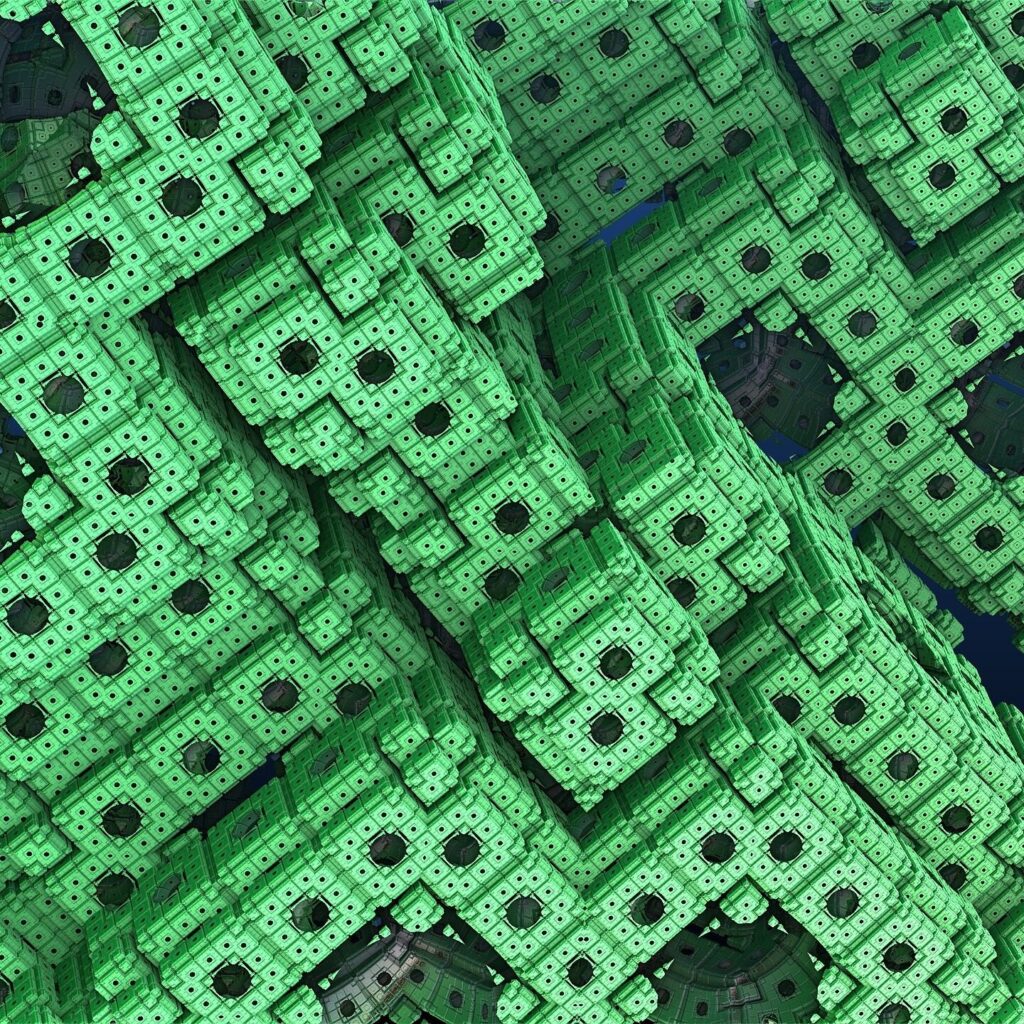Profile: Jennifer Whyte

Professor Jennifer Whyte is Head of the School of Project Management, in the Faculty of Engineering at the University of Sydney, and Director of the John Grill Institute for Project Leadership. The Institute has the ambition to develop project leadership capability and capacity, and to make the University of Sydney the ‘go-to’ place for insights on project sponsorship, leadership and governance, through high quality executive education, through operating at the leading edge in the international research community and through giving independent advice to senior project sponsors and leaders, within NSW, across Australia, and internationally.
Jennifer brings substantial experience of leading interdisciplinary research teams to have impact on practice, working across departments, collaborating with industry members and partners, running showcase events with senior industry, policy makers and Ministers, and convening related Executive Education, CPD and MSc Programmes. She retains a position at Imperial College London, where she was Director of the Centre for Systems Engineering and Innovation, and the Royal Academy of Engineering and Laing O’Rourke Professor of Systems Integration in the Department of Civil and Environmental Engineering (2015-2021). At Stanford University (2015), she was Shimizu Visiting Professor in the Civil and Environmental Engineering Department. At University of Reading (2008-2015), she was Director of the Design Innovation Research Centre and a Professor in Innovation and Design at the University of Reading. Her first degree is from University of Cambridge and her PhD from Loughborough University. She did postdoctoral research at SPRU, University of Sussex, and Imperial College London.
Her research has significant impact on transforming industry and policy. She is a member of the UK Construction Leadership Council (currently through the Senior Advisory Group (2021-); previously a Board Member(2019-2021)). She sits on the UK’s EPSRC Engineering Strategic Advisory Team; is a Board Member of the ICSF ‘Transforming Construction’ Advisory Board; and previously sat on the MHCLG Building Safely Committee (2018-2019), set up after the Grenfell Disaster. She gave evidence to the UK’s Lord’s Select Committee Inquiry on Offsite Manufacturing for Construction in 2018. Funded research projects include the “Transforming Construction Network Plus”, RCUK; “Analysing Systems Interdependencies in the Digital Twin”, funded through Centre for Digital Built Britain (CDBB) and “Grand Challenge III, Data-Driven Design under Uncertainty” as part of the Alan Turing Institute/Lloyds Register Foundation ‘Data Centric Engineering’ Programme. She has previously won awards through the prestigious EPSRC ‘Challenging Engineering’ scheme for future research leaders, and held an Advanced Institute of Management Research mid-career fellowship in Management Practices. She co-curated the World Economic Forum (WEF) ‘Engineering and Construction’ Transformation Map (2016-2019). She has worked with Singapore’s Building and Construction Authority to deliver Singapore’s Integrated Digital Delivery strategy, draw on her research to train more than 100 senior executives.
Projects
- Data-driven design under uncertainty – Grand Challenge III in the Alan Turing Institute and Lloyds Register Foundation Data Centric Engineering Programme, with a team of four postdocs working on related challenges of quantifying uncertainty, sensitivity analyses, modelling and data science.
- Virtual decision room – Part of the EPSRC funded VENTURA Project, creating new ways to visualize the systems interactions in planning infrastructure by enabling local authorities and end users to explore how housing and water systems interact through a virtual decision room.
- Construction production control room – A consortium of industry partners and universities are working together in this InnovateUK funded project to provide a control room for visualizing multiple streams of data to improve plannning on the construction site.
Current research

How Innovation Champions Frame the Future: Three Visions for Digital Transformation of Construction
Digital technologies are expected to create transformational change in the construction sector. Previous studies have either anticipated the impact of individual technologies or outlined a number of nontechnology-focused future scenarios. There is comparatively little work on how innovation champions frame the future by combining a range of digital technologies and trends (such as big data, the internet of things, and automation) to transform construction. Drawing on an interview-based study with UK construction professionals, this paper presents three emergent visions for digital transformation of the sector. These visions are efficient construction, user-data-driven built environment, and value-driven computational design.

Reframing Systems Integration: A Process Perspective on Projects
The delivery of large-scale technical systems is achieved through project organizing. The concept of systems integration, with its distinct focus on the systems that projects deliver, is theoretically important as projects become more complex and face significant uncertainty. We reframe systems integration in interorganizational projects as a flexible and adaptive process of making constituent parts of systems work together. This process involves boundary-spanning structures and activities to address emergent complexity and uncertainty (that are both technological and organizational in nature). We discuss implications and highlight areas for further research on projects.

A research agenda on systems approaches to infrastructure
At a time of system shocks, significant underlying challenges are revealed in current approaches to delivering infrastructure, including that infrastructure users in many societies feel distant from nature. We set out a research agenda on systems approaches to infrastructure, drawing on ten years of interdisciplinary work on operating infrastructure, infrastructure interventions and lifecycles. Research insights and directions on complexity, systems integration, data-driven systems engineering, infrastructure life-cycles, and the transition towards zero pollution are summarised. This work identifies a need to better understand the natural and societal impacts of infrastructure interventions under uncertainty. We argue for a change in current approaches to infrastructure: starting from the natural environment and its resources, encompassing societal use of infrastructure and the supporting infrastructure assets and services.

